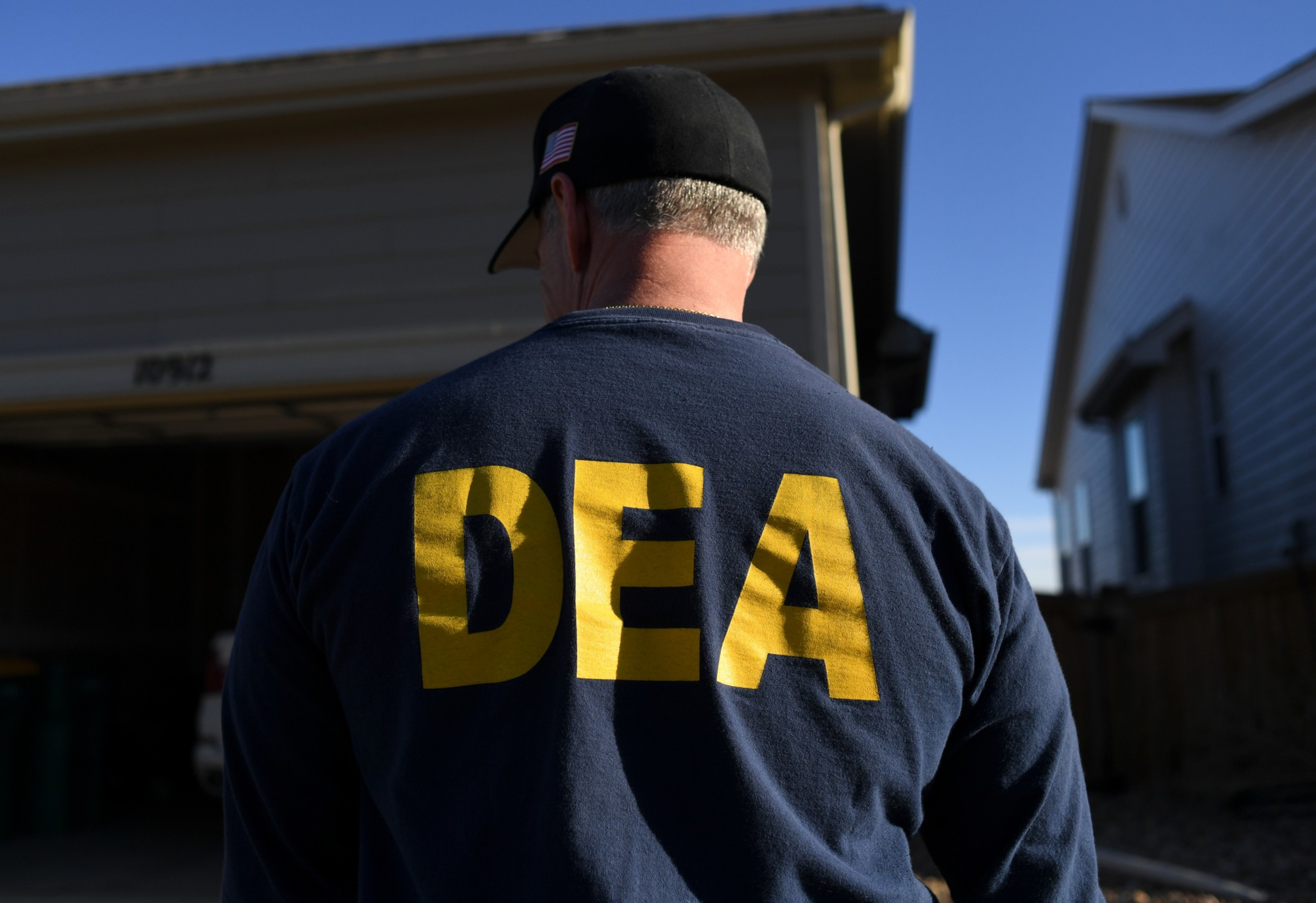Federal prosecutors are planning to take a more aggressive approach to charging suspected drug dealers in San Francisco as the city grapples with record-high overdoses, according to sources familiar with the new plan.
Exact details are being held close to the vest, but officials for the U.S. Attorney’s Office, the Drug Enforcement Agency, the San Francisco District Attorney’s Office, the Office of Mayor London Breed and the San Francisco Police Department have been meeting for weeks in preparation of an official rollout that is expected to be formally announced in the next month.
Abraham Simmons, a spokesperson for the U.S. Attorney’s Office, told The Standard that the plan is to prosecute more drug-dealing cases in federal court, describing it as the result of intense coordination between local and federal officials.
“It’s all hands on deck,” Simmons said.

A surge in overdose deaths in the city—473 died in the first half of this year, while 647 died in all of 2022—expedited the Drug Enforcement Agency’s plans to deploy federal officers in San Francisco, according to the agency.
Instead of rolling out “Phase 3” of Operation Overdrive, a national strategy to infiltrate drug markets in cities across the country, federal officials decided to deploy operations this summer in San Francisco. Authorities say Chinese chemical companies are providing precursor chemicals to manufacture drugs to then be distributed by two cartels in Mexico: the Sinaloa Cartel and the Jalisco New Generation Cartel.
“From our side, no one agency is leading this,” said Brian Clark, the DEA’s special agent in charge for operations in San Francisco. “We are all in it together. We are jointly developing a strategy. We’re coordinating our resources, and we are working hand-in-hand as we’re addressing this problem.”
Federal charges might allow prosecutors to more effectively target drug dealers who are undocumented immigrants. San Francisco’s sanctuary laws generally prohibit local officials from working with U.S. Immigration and Customs Enforcement, but the U.S. Attorney’s Office has shown less concern for potential deportations after suspects are taken into custody, regardless of whether they are convicted.
In a recent appearance on MSNBC, Speaker Emerita Nancy Pelosi, who helped to bring Operation Overdrive to San Francisco (opens in new tab), sounded bullish on the initiative and the federal targeting of drug dealers in the city.
“It doesn’t matter if the person is documented or not, they will be prosecuted,” Pelosi said.
“Our community has had enough,” Pelosi said in a statement to The Standard on Monday. “I applaud the significant involvement of the U.S. Attorney Ismail Ramsey and other federal officials in taking on the traffickers and getting deadly drugs off of our streets. Operation Overdrive will further support this work by delivering additional federal resources for targeted law enforcement against the criminals doing the most harm to our communities.”
Angela Chan, an assistant chief attorney for the San Francisco Public Defender’s Office, expressed doubts that the new strategy would be more than window dressing. She pointed to city police going to federal prosecutors to avoid working with former District Attorney Chesa Boudin. Such actions occurred after he implemented a new policy to stop charging gang enhancements (opens in new tab) and allowed undocumented drug-dealing suspects to plead down to lesser charges to help them avoid being deported.
In 2019, federal officials rolled out a sweeping plan to eradicate drug-dealing and violence in the Tenderloin (opens in new tab) through a joint effort that employed the help of more than a dozen agencies. The program led to the deportation of dozens of Honduran nationals (opens in new tab) but failed to lead to lasting change.
“It seems like a lot of shock and awe, but I’m not sure what it will lead to,” Chan said of the new plan. “Whether it’s federal or state prosecutions, either way, it’s not going to lead to a drop in drug sales or drug overdoses. My sense is there is this threat every four years, and then nothing really changes.”

District Attorney Brooke Jenkins, who succeeded Boudin in office and made drug prosecutions a campaign priority last fall, said in a statement that the increased federal push to investigate and charge drug trafficking in San Francisco “is welcome and appreciated.”
“After years of working in silos, San Francisco has reached a moment where all levels of government are working together to solve one of the most critical issues facing our city,” Jenkins said.
Jenkins has charged more drug cases and secured more felony convictions in her first year than Boudin did in his last year in office. As of Aug. 31, the District Attorney’s Office reported 627 pending felony narcotics cases, with 45% of the suspects facing multiple cases. The rate of cases being filed this year is the highest of any year since 2018, officials said.
And yet, these charging decisions have yet to make a dent in the rising death toll primarily driven by fentanyl.
“By any objective measure, the federal government has been spectacularly unsuccessful at reducing overdoses or drug sales,” Chan said. “So yet another attempt to have the federal government prosecute drug cases will inevitably result in nothing but more wasted resources that can be better spent on public health solutions.”
